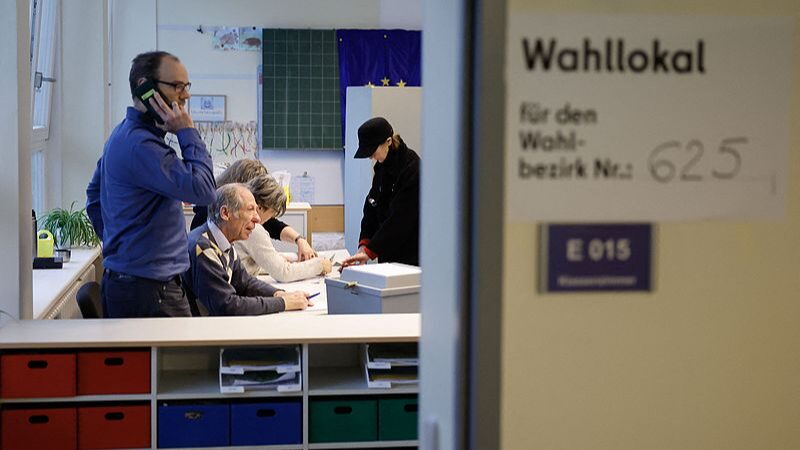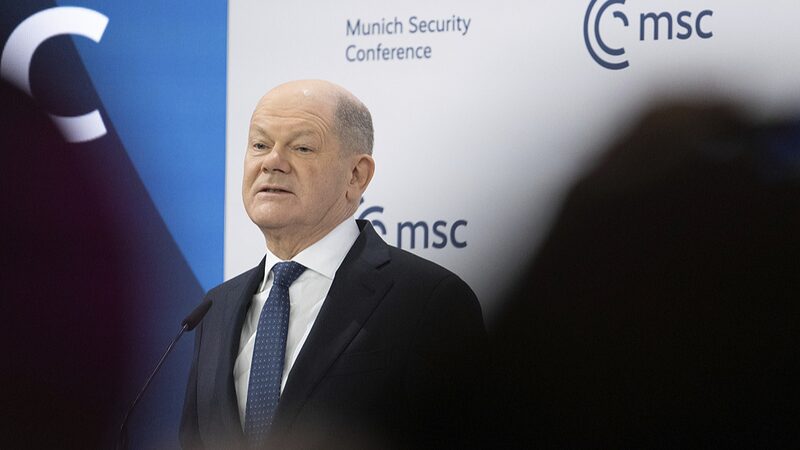On Sunday, German voters will head to the polls in a snap federal election triggered by the collapse of Social Democrat (SPD) Chancellor Olaf Scholz's three-party coalition. This unexpected political shift comes at a time when the far-right Alternative for Germany (AfD) is gaining significant traction, potentially shaping the national agenda in profound ways.
The election unfolds against a backdrop of two major external factors: the return of Donald Trump to the White House and the ongoing Ukraine crisis. The resurgence of Trump has reignited debates on immigration, national security, and Germany's role within the European Union, areas that the AfD has been vocal about.
Additionally, the Ukraine crisis continues to pose challenges for Germany's foreign policy and economic stability. Voters are weighing these international issues alongside domestic concerns such as economic resilience, social welfare, and the direction of the country's future leadership.
As the AfD positions itself as a formidable force within German politics, the outcome of this election could signify a pivotal moment for the nation's political landscape. Analysts are closely monitoring voter sentiment to gauge whether the rise of the AfD will lead to a shift towards more conservative policies or if traditional parties can reclaim their influence in the face of growing right-wing sentiments.
Reference(s):
Germans set to go to the polls with AfD helping shape agenda
cgtn.com






